Do your students struggle to understand why math is important or when they will ever need it in the real world? Purposeful practice will help your students not only see that math matters; it will help them build the confidence they need to succeed! Check out edHelper's math workbooks! Arranged by grade level and sequential skills and built for high-quality engagement, these workbooks will help your students see the math, understand the math, and succeed!
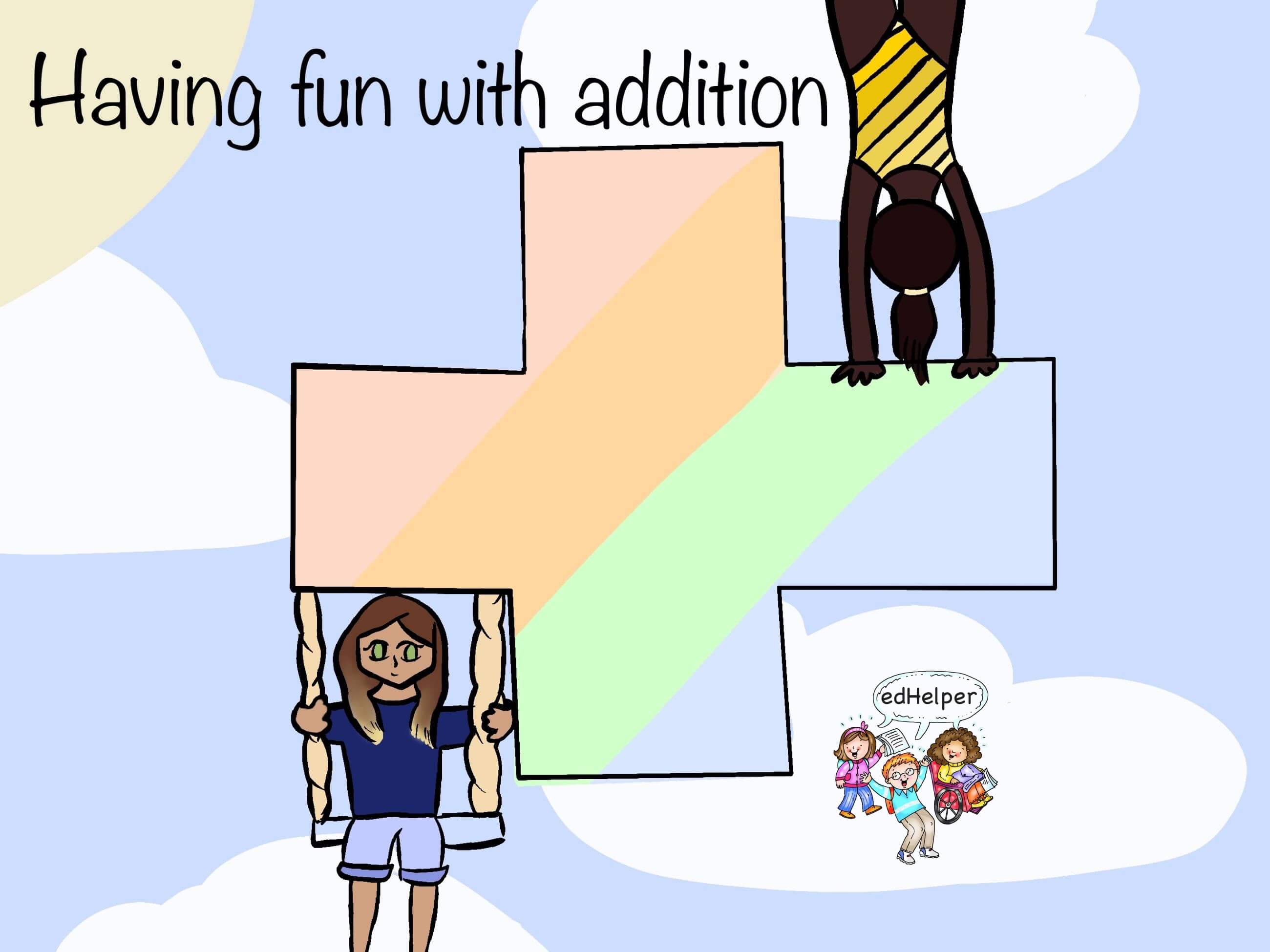
Chapter 2 Math Workbooks
First Grade Math Book - Number Bonds
Second Grade Math Book - Addition up to 1,000
Third Grade Math Book - Mental Math and Estimation
Fourth Grade Math Book - Estimation and Number Theory
Fifth Grade Math Book - Whole Number Multiplication and Division
Also get the Chapter 1 Math Workbooks - Numbers and Operations.
Helping Kids Understand That Math Matters
"When will I ever use this? Do I really need to know this?" If this sentence, or one like it, has been uttered in your classroom, there's a good chance that at least a handful of your students haven't yet made the connection between the math you're teaching and the lasting impact it can have. But what if they are right? Do students really need math in the future? The short answer: yes! Being proficient in math will have a positive and lasting impact on your students in several ways. Here are a few real-world "why do I need to know this" examples you can share with them:
#1 - Math at Mealtime
Have you ever baked a batch of cookies? Then you know how "sweet" math can be. We use math every day when we cook and bake. Whether we're following a brand-new recipe from Pinterest or flipping through Grandma's recipe box, each measurement and ratio must be just right to achieve our desired result. Students who don't understand fractions or units of measurement will never be able to bake that award-winning blueberry pie. They won't know how to find a half cup of sugar when the only measuring cup they have is marked one-fourth. We all know that there's a big difference between a teaspoon and a tablespoon! The devil is in the details when it comes to cooking, and knowing and understanding math is critical for kitchen success.
#2 - Math Will Save Them Money
Being proficient in math helps us save money! As our students get older, they will need to understand mathematical concepts like calculating interest rates and understanding sales. This is crucial when it comes to making the most of that hard-earned cash. If our students find a great deal on a used car but will be paying a whopping 15% interest rate, is it still a good deal? If they go to a ball game and charge their hot dog, cotton candy, and coke and then make minimum payments on that card for the next three years, do they understand how much that ballpark lunch really costs them? They will also want to be able to do quick calculations or mental math to estimate their portion of a bill when going out to eat with friends. No one wants to miscalculate and pay the price of a dessert, steak, and salad when all they had to eat was a bowl of soup! Knowing how to do math will save them money.
#3 - Math Skills Can Make Them Money
Math skills are needed for the fastest growing jobs. Take STEM careers, for example. It is estimated that 2.4 million STEM jobs went unfilled in 2018. These are incredible careers that we want our students to pursue, not just because of their pay (STEM occupations out-earn non-STEM careers by as much as 30%) but also because of their purpose. These are truly the jobs of the future. As the world population continues to grow, so do its problems. Global pandemics need vaccines and cures. Developing nations need clean water. The technology of tomorrow has yet to be invented, and our students will be the ones to do it! The problem is that our students aren't ready.
So, what is the disconnect? If we know that students need math now and in the future, why don't they know it? More importantly, how can we help ensure they do? Currently, there is a national math achievement gap. Part of this has to do with a lack of emphasis on math at home. That is not to say that parents don't care about math, or that they are neglecting math skills. Rather, traditionally, parents tend to spend more time reading to their children than practicing math skills. There is something relaxing and rewarding about curling up and reading a book together at bedtime or crawling into a parent's lap to read stories after a trip to the library. Practicing math doesn't currently have that same cozy, comforting feel, so while they may count toys on occasion, early math skills don't receive the same emphasis.
In order to help counterbalance the lack of early math skills in the home, it's crucial that, as educators, we are providing limitless resources to help students learn and practice these basic skills. Repetition is important! It helps create a solid foundation, building blocks that lead to success in more advanced learning. Sometimes, teachers shy away from math practice pages because they fear that it will cause students to dislike math. In reality, it is the fear of math that makes students not like math. More specifically, it is the fear of not being good at math that makes them dislike it! This is why early (and frequent) practice is so important. Math skills cannot be crammed. The cure for a case of the "I don't like math" bug isn't less math, it's actually more! Well designed, purposefully paced math workbooks may be the exact cure you're looking for! These workbooks spiral in content, which is essential for future and more advanced learning. They are broken down into grade levels and chapters, each creating a building block for current and future success.
Grade 1
First Grade Math Book - Number Bonds
As first graders continue to build on their conceptual understanding of numbers, number bonds come in to play. Pages in these workbooks help students learn that numbers can be broken (composed/decomposed) into different pieces. This can help make computation easier. Number bonds also help students solidify their understanding of part-to-whole relationships. After several creative (and fun to color) pages, students will be encouraged to practice their math skills online and then engage in mental math and identify patterns.
Grade 2
Second Grade Math Book - Addition up to 1,000
Now that addition to 100 has been mastered, second graders are ready to move on. In second grade, they will count to 1,000, and the skills in this chapter's math workbooks will help. Your second graders will be challenged to find quick answers and work like ninjas to complete multi-digit addition problems with regrouping. Perhaps most importantly, they can save vegetables from danger! Second graders will continue to build on their understanding of number bonds using the purposeful review sheet. They will have plenty of opportunities for purposeful practice online using the "Let's Play School" game and app.
Grade 3
Third Grade Math Book - Mental Math and Estimation
Estimation and mental math are the central focuses of this chapter's third-grade math workbook. These skills are paramount as they allow students to solve problems quickly and estimate to see if their computation and answers are reasonable. The goal of estimation and mental math is to help students find a "ballpark" answer. If they are way out in the left-field, it's time to do the math again! When using this workbook, students will enjoy saving equations from Snarf, the subtraction shark, as well as using number bonds (and mental math) to calculate the number of black jelly beans needed for the lead singer of the heavy metal band, The Sums. The creative problem-solving and word problems presented in these pages will leave your students wanting to do more math!
Grade 4
Fourth Grade Math Book - Estimation and Number Theory
While estimation and mental math start in the third grade, fourth graders take it to the next level with the introduction of number theory. The main goal of number theory is to help students identify new, unexpected, or interesting relationships between numbers. This workbook will give your fourth graders a chance to explore these patterns, complete creative, multistep word problems, and continue to build fluency with optional online practice.
Grade 5
Fifth Grade Math Book - Whole Number Multiplication and Division
In the fifth grade, students will move on to more abstract concepts. This is one of the many reasons why a solid foundation in multiplication and division with whole numbers is so important. In this chapter's workbook, students will not only solidify these crucial skills, but they will also continue expanding their understanding of the least common multiple and greatest common factor. All of these concepts, coupled with creative, riddle-inspired problems and valuable online fluency practice, will help ensure that your students are ready for the more challenging concepts coming this year.
The key to helping our students see the purpose of math is creating daily opportunities for them to see math in the real world. As students start to see that math matters, the next step is to engage them with purposeful practice, like that which is found in these chapter workbooks. This will not only strengthen their skills for success now, but it will also help prepare them for great success in the future!
Trending
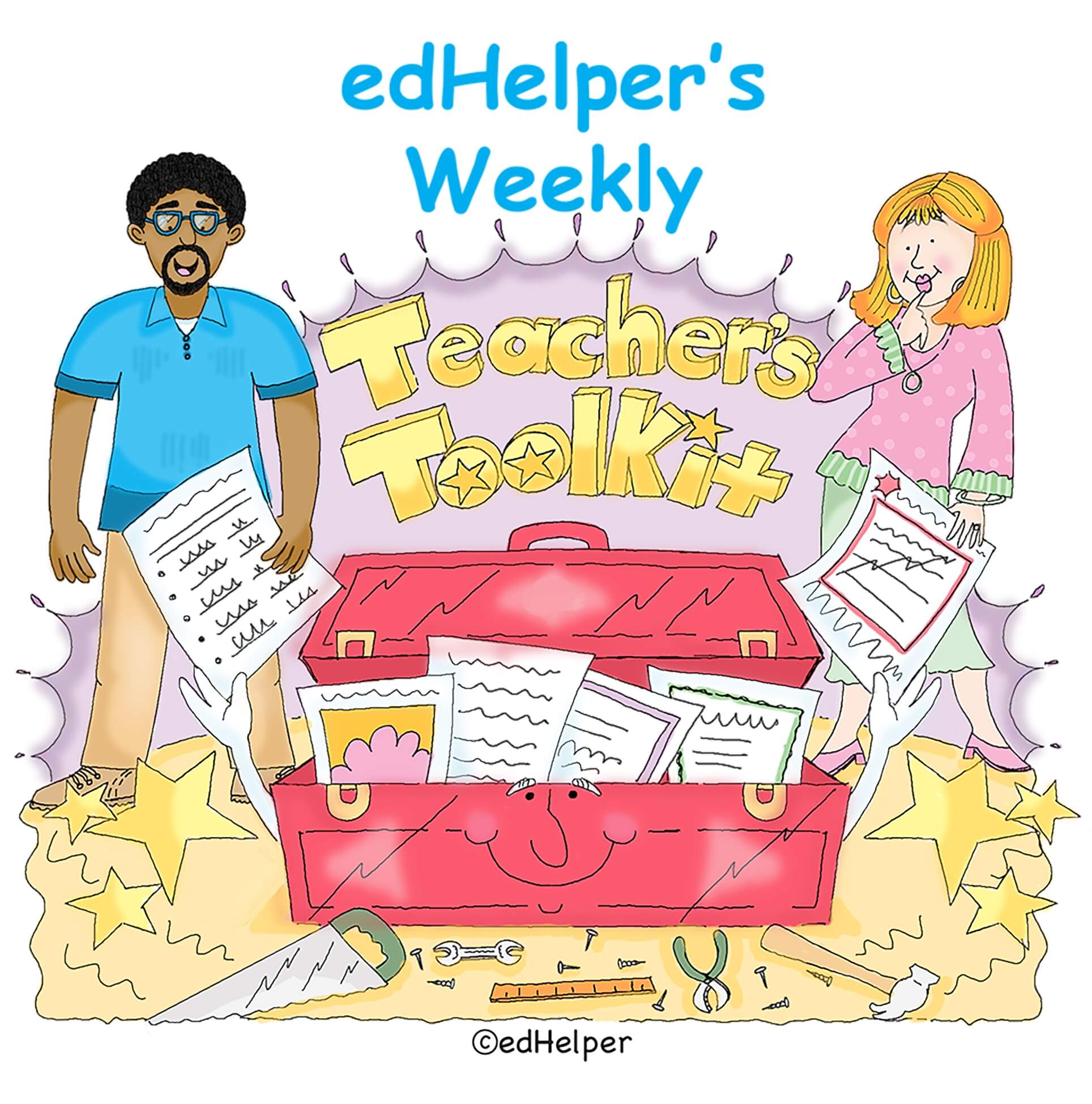
Weekly Lesson Plan Power-Ups
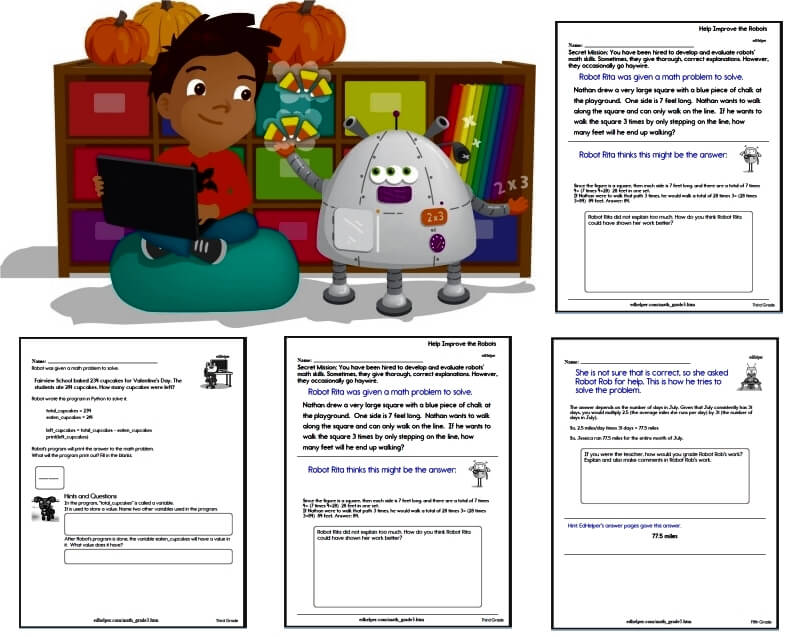
Daily Math Practice
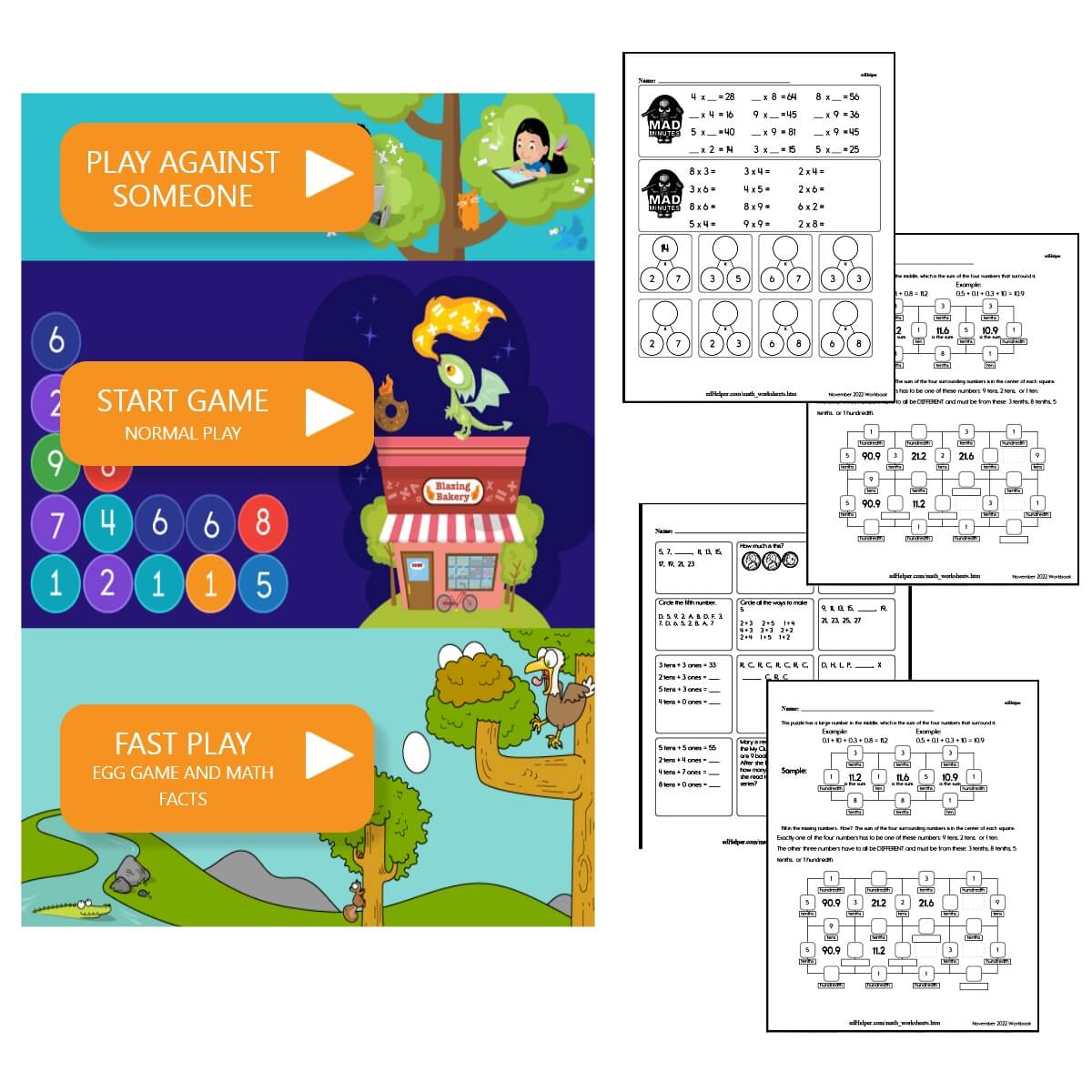
Math Homework for Generation Alpha

Freebies for Busy Teachers
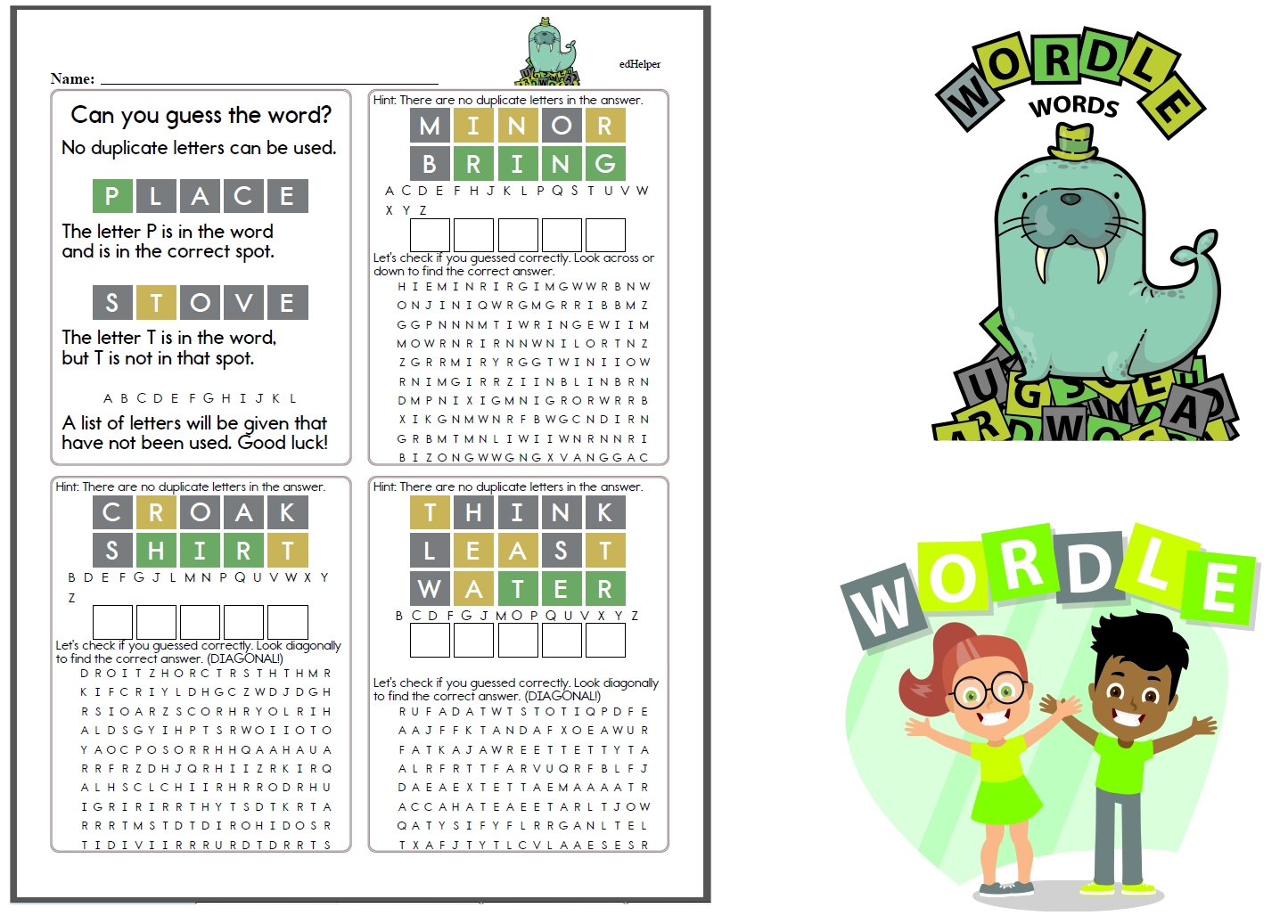
Wordle Worksheets

Mental Math Task Cards
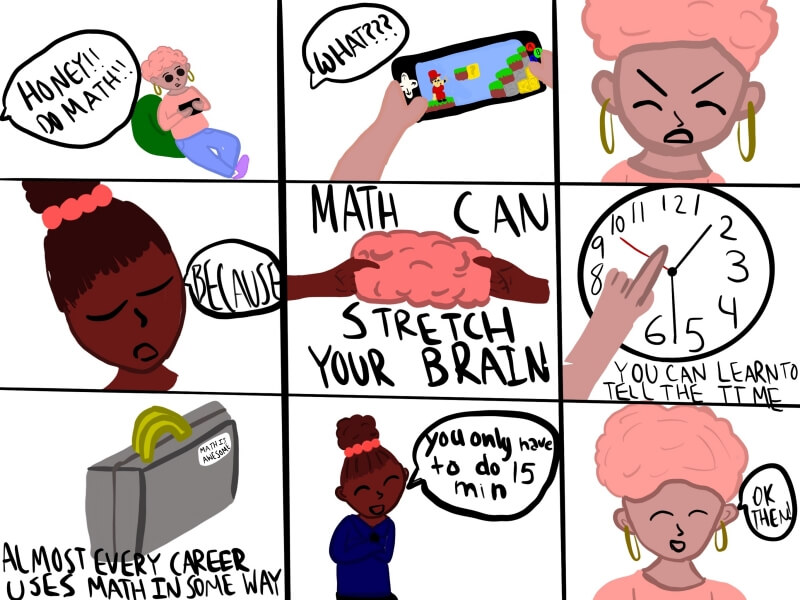
Elementary School Children Don't Get Enough Math Practice at Home
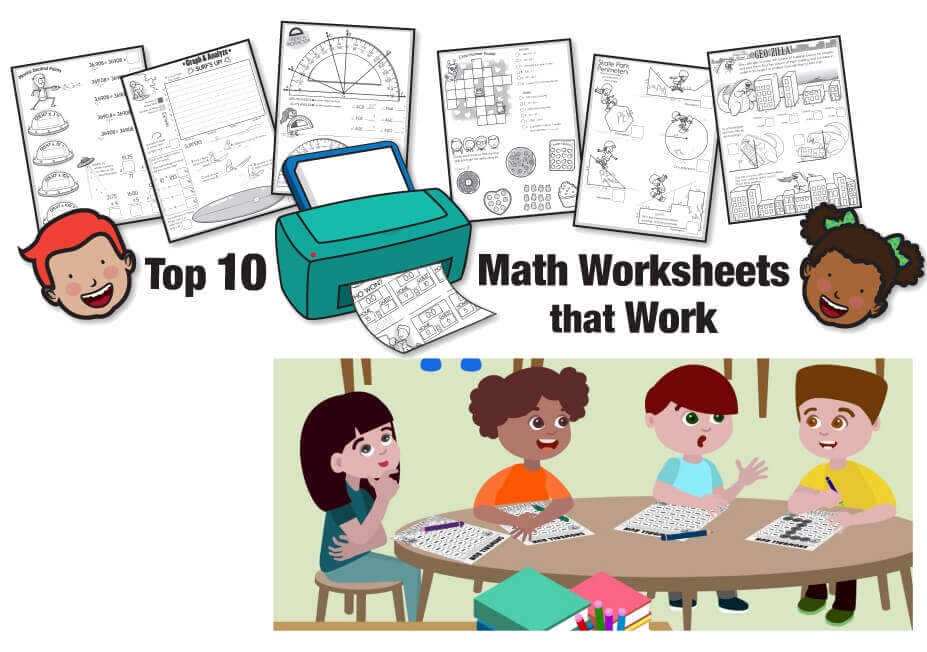
10 Math Worksheets That Work for Teachers (Free Printables)
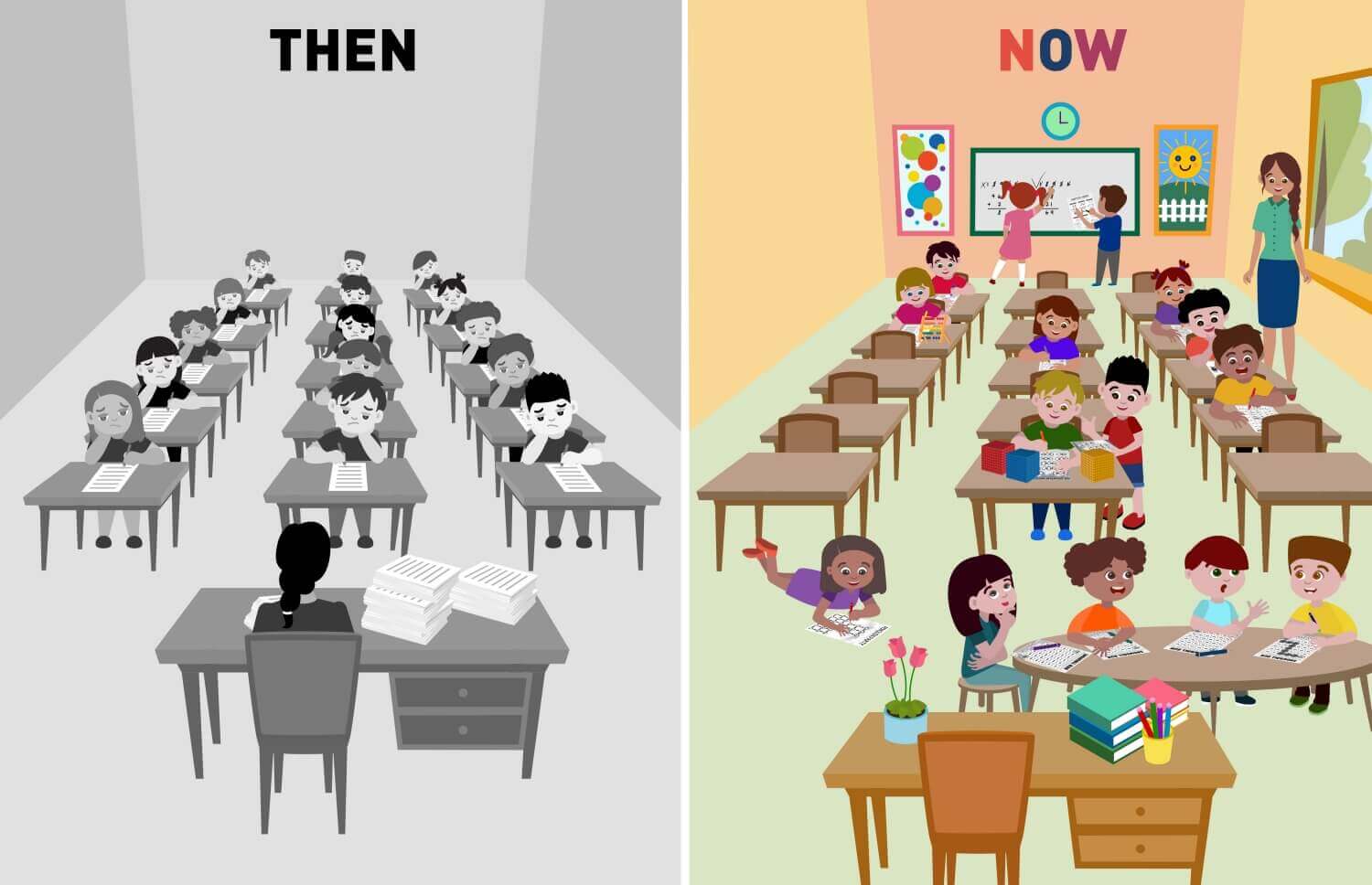
Do Math Worksheets Really Work? What We Found May Surprise You.
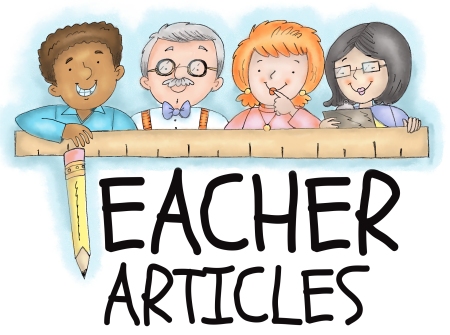
Best Teaching Ideas
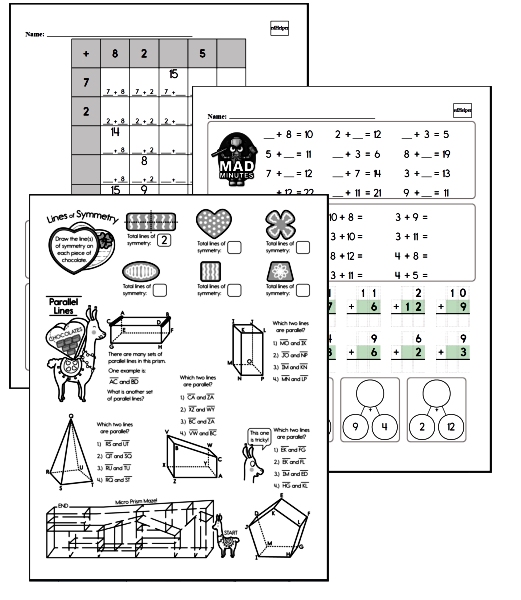
Math Worksheets
Free Math Worksheets - No Login
Kindergarten Jumbo Math Worksheets PackFirst Grade Jumbo Math Worksheets Pack
Second Grade Jumbo Math Worksheets Pack
Third Grade Jumbo Math Worksheets Pack
Fourth Grade Jumbo Math Worksheets Pack
Fifth Grade Jumbo Math Worksheets Pack
Sixth Grade Jumbo Math Worksheets Pack
Middle School Jumbo Math Worksheets Pack
